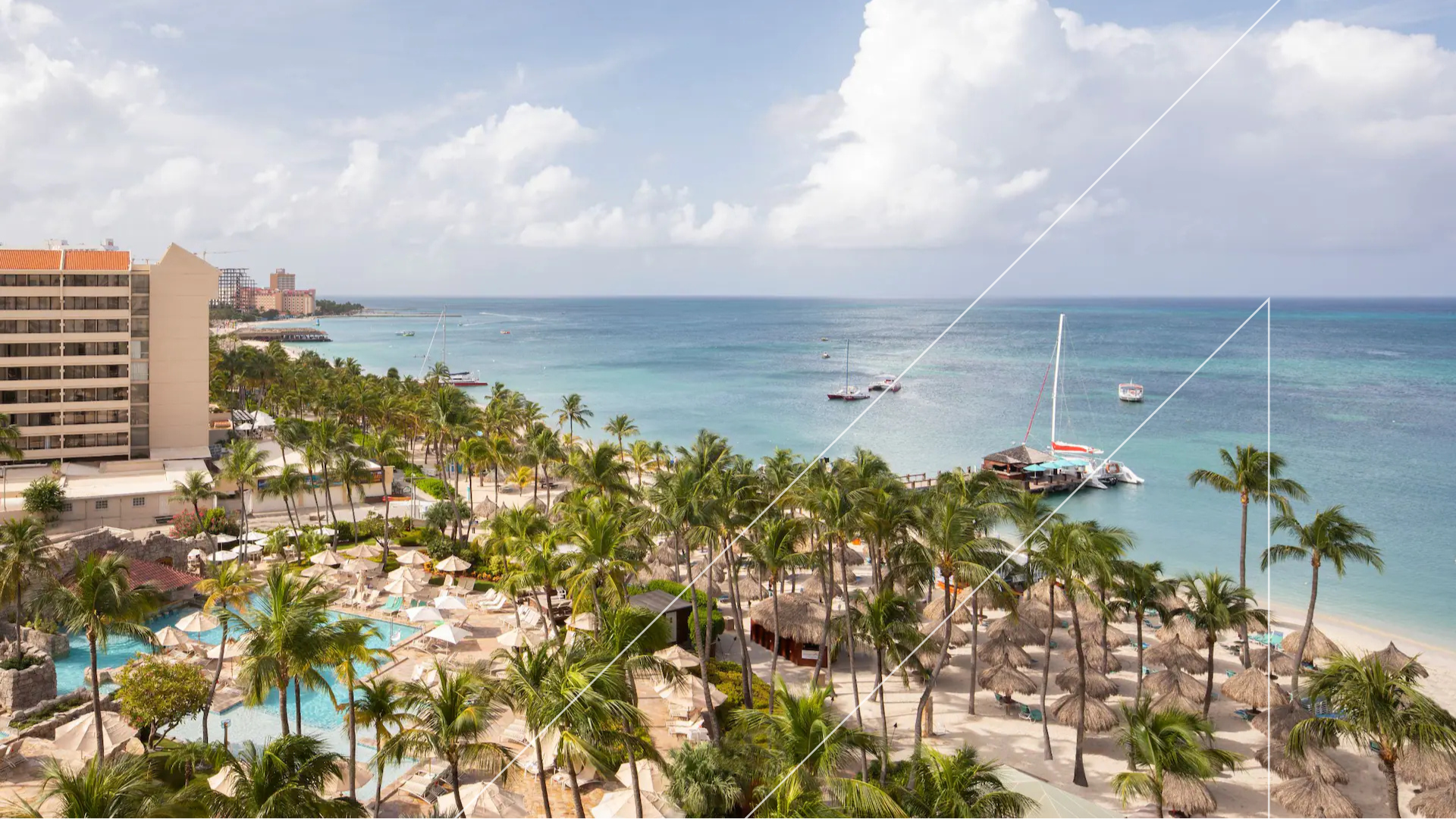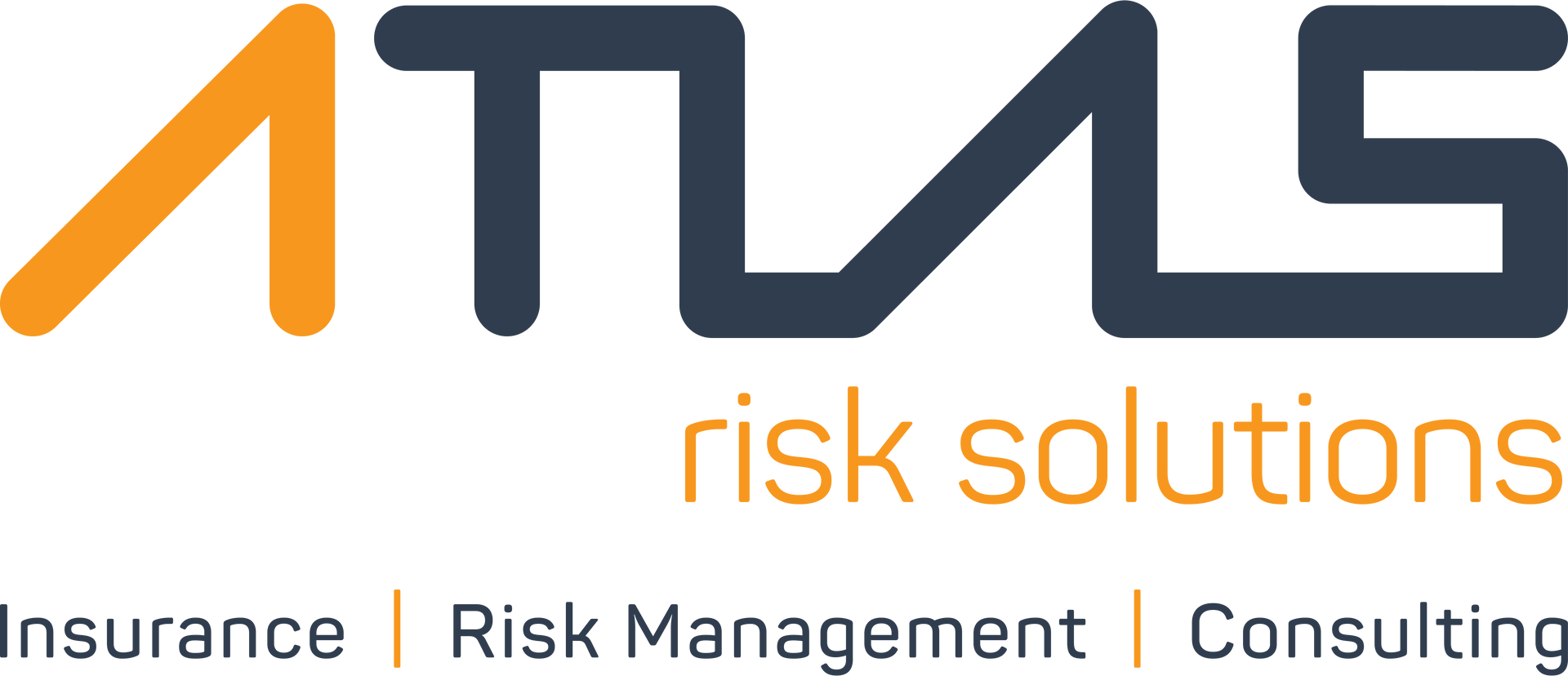Hotel & Resort Liability: Ensuring Guest Safety with Proactive Risk Management

The hospitality industry thrives on providing exceptional guest experiences, but with that comes a significant responsibility - ensuring guest safety. Hotels and resorts face unique liability risks that, if not managed properly, can lead to legal disputes, financial losses, and reputational damage. Implementing a strong risk management strategy is essential for protecting both guests and business operations.
Understanding Liability Risks in the Hospitality Industry
Hotels and resorts are exposed to a wide range of risks, including:
- Premises Liability: Slips, trips, and falls due to wet floors, uneven surfaces, or poor lighting.
- Food & Beverage Safety: Foodborne illnesses and allergic reactions from improperly handled or labeled food.
- Security & Crime Prevention: Theft, vandalism, and guest safety concerns due to inadequate security measures.
- Employee-Related Incidents: Workplace accidents or negligence that could lead to guest harm.
- Cyber Liability: Protects against data breaches and cyber threats that could compromise guest information.
Why Risk Management Matters for Hotels & Resorts
A strong risk management strategy is more than just having insurance; it's about prevention. To mitigate these risks, hotels and resorts must adopt a comprehensive risk management approach. Here are key strategies to enhance guest safety and protect your business:
1. Implementing Robust Safety Protocols
A strong safety framework should include:
- Regular property inspections to identify and address potential hazards.
- Well-maintained lighting, flooring, and handrails to prevent accidents.
- Clear emergency exit routes and fire safety measures.
2. Strengthening Security Measures
Protecting guests and their belongings is crucial. Hotels should:
- Install security cameras in public areas and ensure 24/7 surveillance.
- Conduct background checks on employees and provide security training.
- Use key card access systems to restrict unauthorized entry.
3. Enhancing Employee Training & Awareness
Staff should be trained to handle emergencies, recognize risks, and act swiftly. This includes:
- First-aid and CPR certification.
- Training on food safety and handling procedures.
- Crisis management training to handle unforeseen incidents professionally.
4. Reviewing Insurance Coverage
Having the right insurance policy can be the difference between financial security and significant loss. Essential coverage includes:
- General Liability Insurance: Protects against guest injuries and property damage claims.
- Food & Beverage Liability Insurance: Covers incidents related to dining services.
- Cyber Liability Insurance: Protects against data breaches that could compromise guest information.
- Business Interruption Insurance: Ensures financial stability in the event of disasters or forced closures.
5. Developing a Crisis Management Plan
A well-structured emergency response plan ensures preparedness in the face of unexpected events. This plan should:
- Outline evacuation procedures for guests and staff.
- Establish clear communication protocols in the event of a crisis.
- Regularly conduct safety drills to test and refine response strategies.
Secure Your Business with the Right Coverage
Whether you operate a boutique hotel or a large resort, ensuring that you have comprehensive insurance is essential. Protect your guests, employees, and assets with tailored solutions from Atlas Risk Solutions, because a safe stay means a successful business.
Contact us today to learn how we can help protect your organization from the unexpected and set you on a path to sustainable growth.
📩 business@atlasrisksolutions.com 🌐 www.atlasrisksolutions.com




